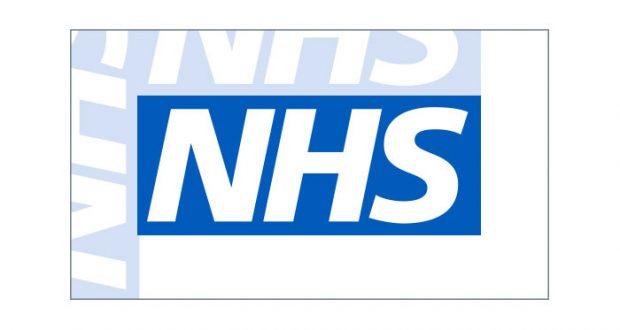More than 60 per cent of patients in Lincolnshire were able to have a face-to-face medical appointment in July.
Of those, 47 per cent were able to see a health professional on the same day.
Using the Total Triage model, GP practices send patients to the most appropriate professional for their condition.
Patients may see a paramedic practitioner, clinical pharmacist, physiotherapist or mental health practitioner.
“These professionals are qualified to manage conditions in their sphere of practice, but do not have the holistic skills of a GP,” said a report to the county’s health scrutiny committee on Wednesday.
“When using total triage, patients who have a health concern contact their general practice with by telephone or by using an online tool, and provide some basic health information so that the practice’s care navigators can direct the patient to the right professional. It is important that the patient provides adequate information to facilitate this,” said the report.
The number of GPs has been falling nationally, down from 51.5 for every 100,000 patients, this has fallen to 46.3 in March 2021, the report said.
“Lincolnshire’s general practices continue to struggle with workload and reduced workforce, and thus access for some patients is affected.”
Hospital trusts across the country are under pressure, with long waiting lists due to the pandemic.
To compensate for the reduced numbers of GPs, primary care networks employ a range of health professionals to deal with patents.
“Lincolnshire has always had difficulty recruiting and retaining clinical workforce. Lincoln Medical School and other developments at University of LIncoln will help this, though this does not support short-term shortages,” says the report.
GP practices and networks are recruiting non-medical workforce to boost levels.
The county’s clinical commissioning group has created a model that indicates there will be a shortage of 220 autonomous practitioners by 2025. It will be looking to recruit from Europe to fill the gap.
The future may also see a different way patient care is managed as pressures increase.
The need for short-term help reduces what is available for people managing long-term conditions which results in deteriorating health and greater pressure on social care.
Separating ling and short-term health care allows ‘better management’ according to the report. But this could see patients travelling further for short-term intervention with services provided by a larger group of clinicians.
“This model will also require patient acceptance,” the report said.
 The Voice of Spalding and South Holland
The Voice of Spalding and South Holland




